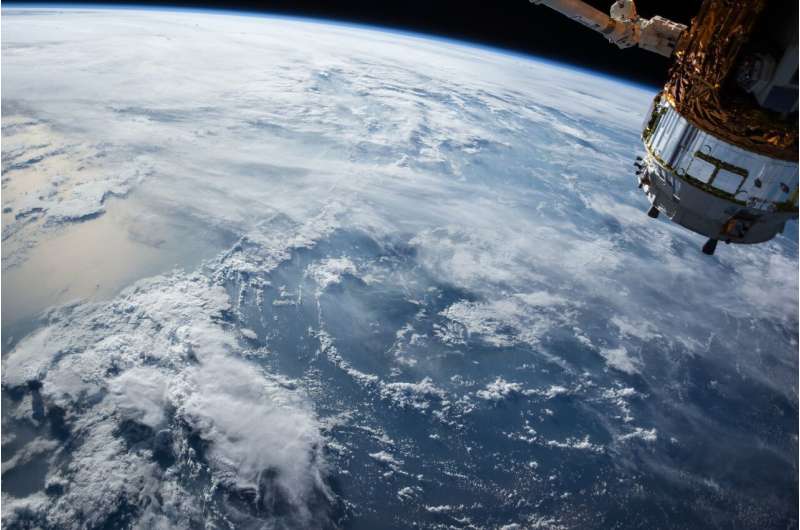Russia says it is leaving the International Space Station program. What does that mean?

Russia will withdraw from the International Space Station project after 2024 to focus on forming its own space station, the head of the Russian space agency said Tuesday.
The announcement, given by Roscosmos CEO Yuri Borisov, reflects the further disintegration of relations between the U.S. and Russia. The two nations have partnered with Japan, Canada and other European countries on the project for nearly 30 years.
Borisov said Russia will honor all commitments to its partners but will not waiver on the 2024 deadline. "I think we will have started work on the Russian space station by that time," he said.
Russian officials have not yet notified NASA of their plans, according to Robyn Gatens, director of the space station for NASA.
What is the International Space Station? What significance has it contributed to science? Here's what to know.
What is the International Space Station?
The International Space Station, or ISS, is a large spacecraft that orbits the earth and houses crews of astronauts and cosmonauts, according to NASA.
The station is the culmination of the work of several nations. It's not owned by any one nation; rather, it's a "co-operative program" between Europe, the U.S., Russia, Canada and Japan, according to the European Space Agency.
When did it launch?
The station was first launched in November 1998. The first crew arrived once the station became habitable on November 2, 2000, and researchers have lived on the space station ever since.
How was it built?
The first piece of the ISS was launched in 1998 by a Russian rocket, according to NASA. It was painstakingly constructed over a decade in 42 different launches, using components lent from each country. Construction of the station was completed in 2011. It is able to house a crew of six people, plus visitors, and covers the area of a football field.
How far from Earth is it?
NASA says that the space station's orbit is about 250 miles above Earth. Every 90 minutes, the station circles Earth at a speed of about five miles per second, according to NASA. In a day, the station makes 16 orbits of Earth, meaning it travels through 16 sunrises and sunsets, NASA says.
What's it like in the space station?
The space station is both a science lab and a home. It has five bedrooms and two bathrooms, and up to six people can live there at once. The station also has a gymnasium and a bay window looking out to space.
Russia (Roscosmos), the U.S. (NASA), Japan (Japan Aerospace Exploration Agency and Europe (European Space Agency) have science labs inside the space station.
How many people have lived there?
As of May 2, 258 people have visited the ISS , according to NASA. Some 158 of those visitors came from the U.S., and 54 came from Russia.
What has the ISS contributed to science?
The various research projects conducted on the ISS are vast and varying, according to NASA. Breakthroughs on diseases, water purification systems, how bodies change with microgravity, black holes and growing food in microgravity conditions are just a few of the advances made by scientists aboard the space station.
How will Russia's departure effect U.S.-Russia relations?
Space exploration and research has long transcended earthly politics between Russia and the U.S.
Russia's departure from the space station comes as tensions are high between the two nations due to Russia's invasion of Ukraine. It is unclear how U.S.-Russian relations will be affected by the move.
(c)2022 USA Today
Distributed by Tribune Content Agency, LLC.





















